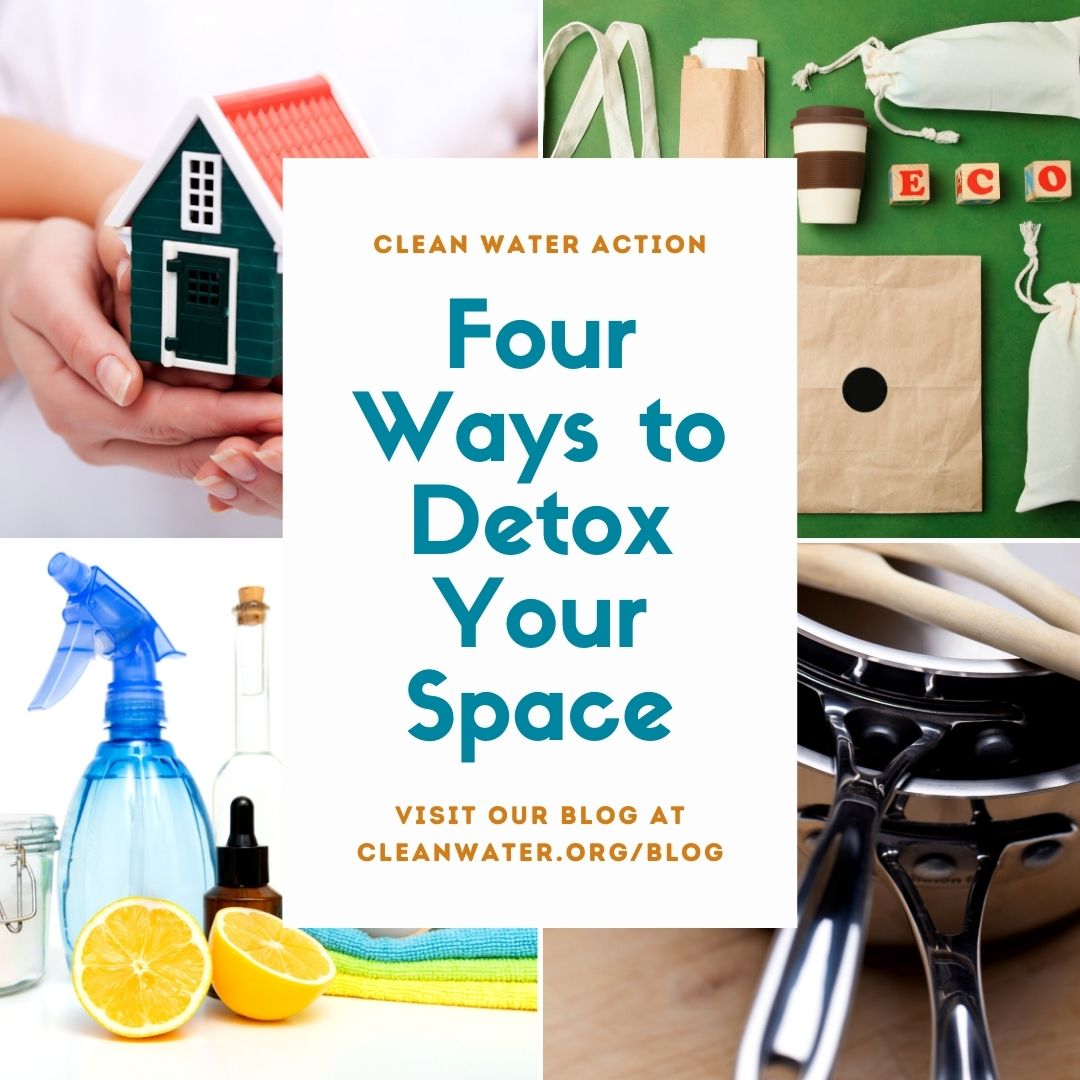
These days, you may find yourself spending more hours in and around your home due to COVID-19. While home, we can take some small steps now to reduce our exposure to environmental toxins to stay healthy and prep our homes for the winter months.
Clear Out Indoor Air
Now than ever before, clearing out stagnant indoor air is crucial to our health. Open your windows daily to reduce indoor pollutants, such as flame retardants from furniture and VOCs from cooking and cleaning. This process, even for 5 minutes, can refresh indoor air. Take it a step further and purchase an HEPA air filter for your home. Filters can remove odors, pet dander, dust, mold, and other pollutants, depending upon the brand and style.
Swap Out Plastic
Plastic is everywhere, and it’s causing major problems for our planet and our health. A recent study found tiny plastic particles known as microplastics in 90% of bottled water. Plastic is toxic - linked to cancer and can impair your immune system, metabolism, and more. Plastics also leach endocrine disruptors, meaning plastic harms our hormonal system. So what should we do? Swap out plastic for reusables whenever possible. Opt for safer choices like glass, silicone, and stainless steel when storing and cooking food and avoid microwaving plastic. When venturing out, bring your own utensils and straw with you to reduce single-use plastic and the waste the disposable versions of these products create. Support businesses that avoid using single-use plastic foodware. Learn more about how you can help tackle the plastic pollution crisis from Clean Water Action’s ReThink Disposable program.
Reduce PFAS Chemical Exposure
PFAS, are a class of 1000s of chemicals (also known as “forever chemicals”) that are persistent within the environment and are linked to reproductive and developmental toxicity. These chemicals are showing up in many products that claim to repel grease, stains, and water. Avoid nonstick cookware, stain repellent clothing and furniture, and ask your water supplier to test for PFAS in your drinking water.
Clean Up Your Personal Care and Cleaning Products
In personal care products, look for brands that are transparent in their labeling and also advocate for sustainability in packaging and the sourcing of their ingredients. Read your ingredient labels and avoid ammonia, sodium hypochlorite (bleach), and synthetic fragrance (parfum/fragrance) in cleaning products, which can be extremely irritating to the skin and lungs. Check out our Green Cleaning guide with more helpful tips.
Some additional resources for learning about creating a healthy home:
Sicker, Fatter, Poorer by Leo Trasande
An infographic about PFAS “forever chemicals” from Clean Water Action
Essays regarding Environmental Toxins and Your Health
Transmission of COVID-19 from WHO
By Meredith Perabo, MA, MSEd. Meredith is a former dancer and teacher, a mother, and wellness advocate. She became interested in sustainability and environmental toxins during her struggles with fertility over 8 years ago. She is always on the hunt for safer, more sustainable household products and continues to learn about ways to support climate justice and cleaning up the planet.


